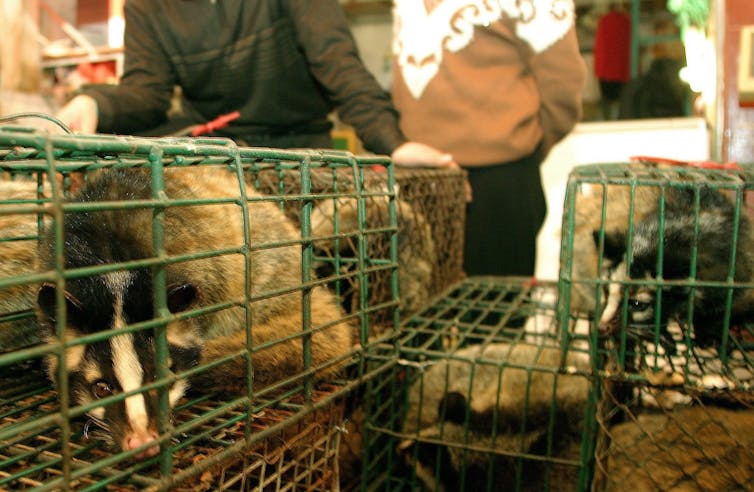Fear spreads easily. That's what gives the Wuhan coronavirus economic impact
- Written by Ilan Noy, Professor and Chair in the Economics of Disasters, Te Herenga Waka—Victoria University of Wellington

One way to count the cost of the Wuhan coronavirus is by how many people catch it, and then how many die. Another is the direct financial costs of public health measures to treat those infected and contain its spread.
Yet another is the wider economic cost. But how to calculate this?
Some suggest a neglible impact on the global economy if the death...
Read more: Fear spreads easily. That's what gives the Wuhan coronavirus economic impact

